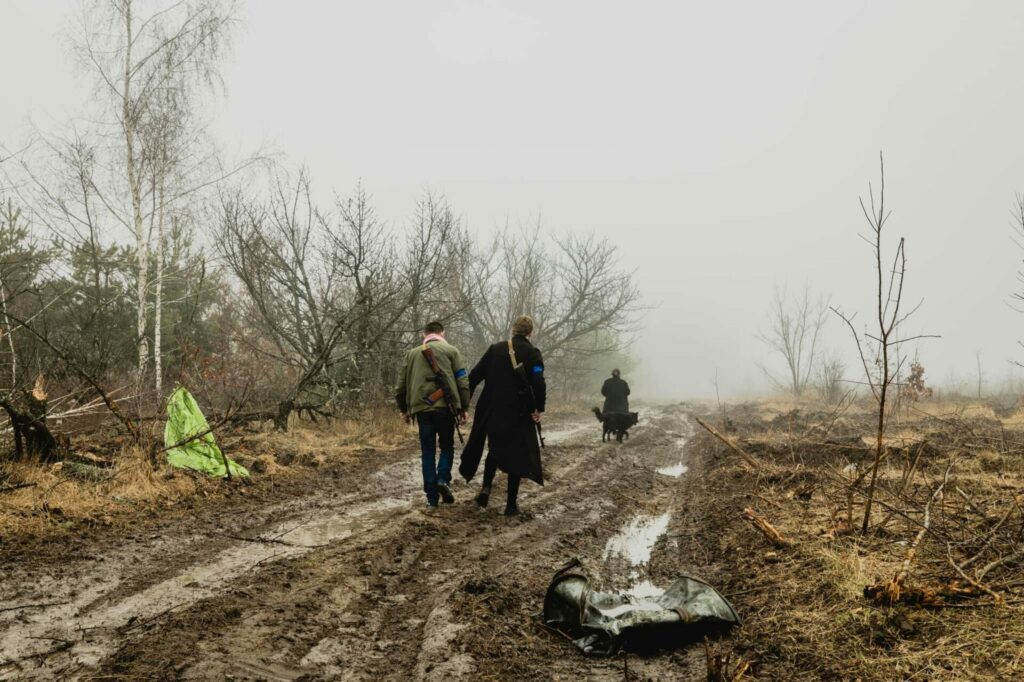The European Parliament continues to push for the recognition of ecocide in EU legislation with a vote on Monday in the Parliament's Committee on Civil Liberties, Justice and Home Affairs (LIBE) in favor of including ecocide in the revised EU Directive on the protection of the environment through criminal law.
This was the fourth committee out of five committees to support the recognition of ecocide. In previous votes, the proposal has been backed by the Committees on Environment, Development and Petitions. The last one, the Legal Affairs Committee, which is in charge of the file, is expected to vote on it later this month.
The final text will then go to the plenary of the European Parliament and will be followed negotiations between all three institutions, the Parliament, the Council, and the Commission.
"We are getting closer and closer, step by step, to obtaining from the European Parliament a firm position in favor of the recognition of the crime of ecocide,” commented French MEP Marie Toussaint (Greens/EFA), founder of Ecocide Alliance. “The issue is urgent, and takes on new importance in light of Vladimir Putin's war on Ukraine.”
The only major political group in the parliament still resisting the proposal is the centre-right European People’s Party (EPP) but a growing number of its members now want the crime of ecocide to be enshrined in European law, she says.
According to the proposal, ecocide will be sentenced with up to 10 years in prison and fines of between 12 and 25% of the annual turnover of the involved companies. There will be no limitation of time to prosecute ecocide.
She also referred to the recent votes at the Parliamentary Assembly of the Council of Europe (CoE). The assembly adopted two decisions calling for the recognition of ecocide as a crime in international and national legislation and to amend the Rome Statute of the International Criminal Court as proposed by the Stop Ecocide Foundation in June 2021.
The decisions deal in particular with the damage to environment in armed conflicts, such as Russia’s war against Ukraine. Ukraine has suffered high levels of environmental damage in many forms over the last year due to Russian attacks, destroying forests, ruining agricultural fields and polluting rivers.
The issue of ecocide was also mentioned in the joint statement at the end of the EU-Ukraine summit in Kyiv last Friday. The EU expressed among others its support to Ukraine’s 10-point peace plan from November last year. One of the points in the plan is the prevention of ecocide and the need for protecting the environment which has been severely damaged and contaminated during the war.
Until now the European Commission has been reluctant to include ecocide as an international crime in the revised EU directive on the protection of the environment and to support the initiative to amend the statues of International Criminal Court. Asked whether the joint statement with Ukraine implied that it had changed its position, a Commission source told The Brussels Times that its position remained unchanged.
“The Commission will keep supporting Ukraine in its efforts to investigate environmental crimes committed in its territory by Russia,” the source added. “We are aware of are aware of the LIBE vote, but have no further comments on this point at this stage.”
M. Apelblat
The Brussels Times

